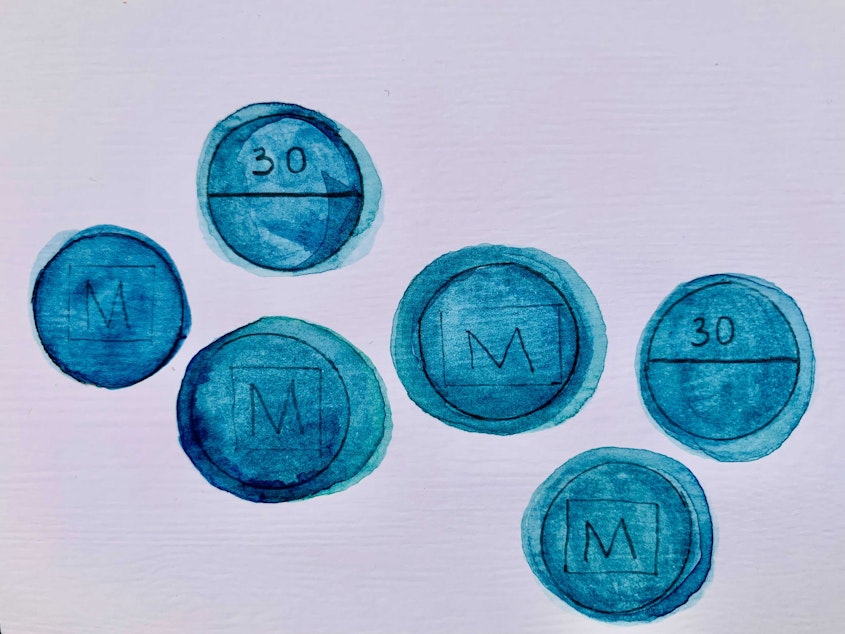Mayor Harrell wants to triple Seattle's spending on opioid treatment

Seattle Mayor Bruce Harrell has unveiled his public health priorities for the 2025 budget. He proposes tripling the amount of money the city is spending on opioid treatment: from $5.33 million to $14.57 million.
About half of the new money — $5.65 million — is a federal grant to build a new overdose recovery center in Pioneer Square.
Another big bucket of money would go to Recovery Place Seattle, to help more people while they go through withdrawal, and then help transition them into treatment.
Vicki Brinigar, the facility’s director, said Recovery Place has had to keep some beds empty even as the opioid crisis intensifies because of understaffing.
“We needed to hire more medical staff to safely supervise the dangerous symptoms of withdrawal,” Brinigar said. “And so this city agreement helps us with that. It also helps us to connect withdrawal management services directly to inpatient beds for Seattle residents, regardless of their ability to pay.”
RELATED: Despite opioid epidemic, drug court enrollment is down. King County hopes to change that
Sponsored
Harrell’s staff said the reason his budget focuses on opioid treatment is that every year, hundreds of people in Seattle die of overdoses. The number of overdose deaths has decreased slightly since 2023, but it’s still far above what it was before fentanyl arrived.
But at the same time that the city is increasing funding for opioid treatment, providers are concerned that a new city law could make it more difficult for people to access those services, including at the new opioid recovery center in Pioneer Square.
RELATED: Seattle’s city attorney stumps for newly passed SODA and SOAP laws
“It is a concern that it could pose barriers to treatment access,” said Daniel Malone, who heads the Downtown Emergency Services Center, the group that will operate the new facility. “I think everybody's on the same page about not intending to create barriers to treatment access. The reality will be what it's like on the ground.”
The law, which was passed by the City Council this week, excludes people convicted of drug-related offenses from certain parts of the city. It makes exceptions for people who are already in treatment, but it’s unclear how people who’ve been ordered to stay out of the exclusion zones can legally enter them to start treatment.
Sponsored
Harrell is expected to sign the law. Then it would take effect in 30 days.
RELATED: King County leaders say they have new plans to fight the opioid crisis. But when?




